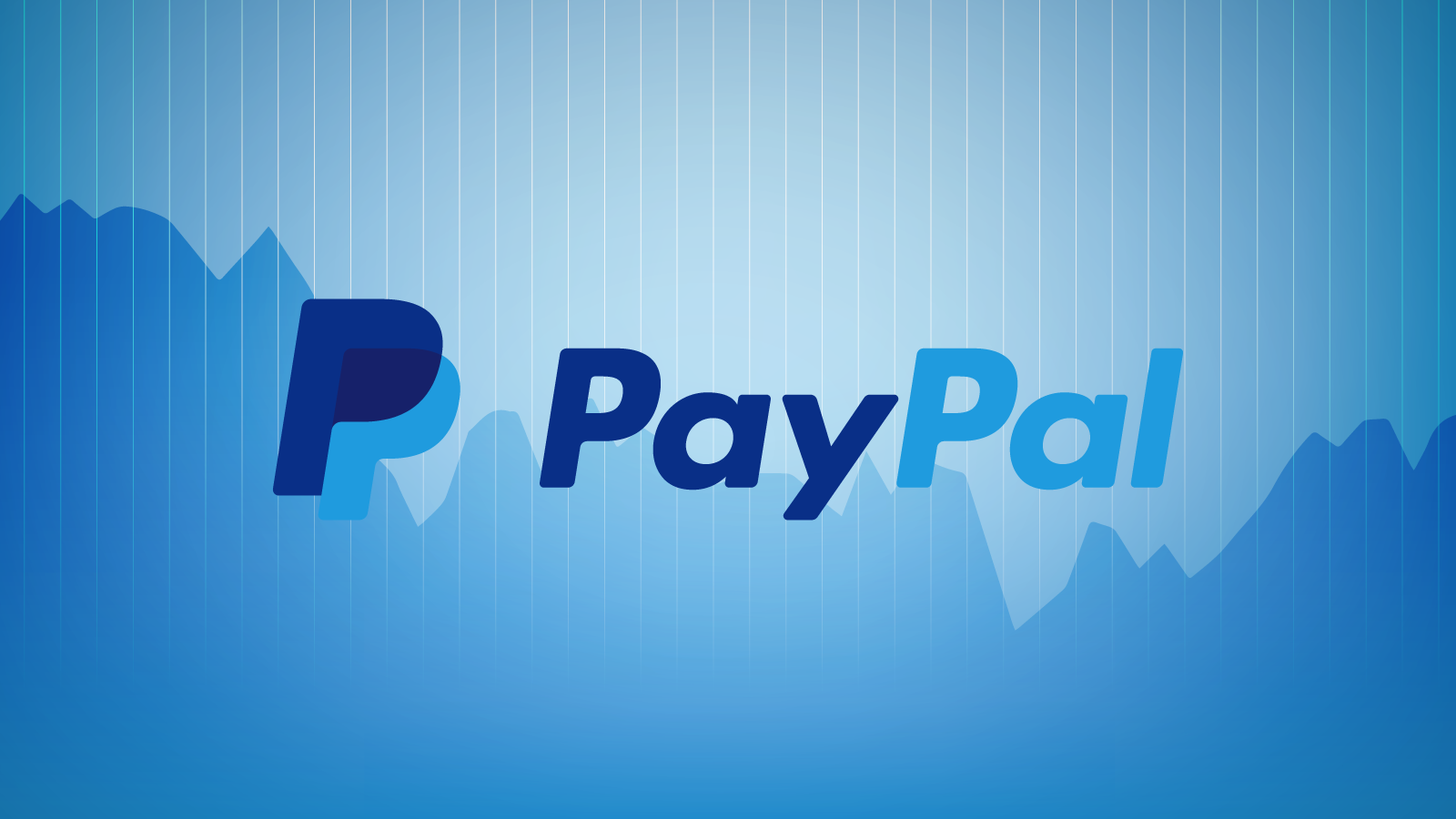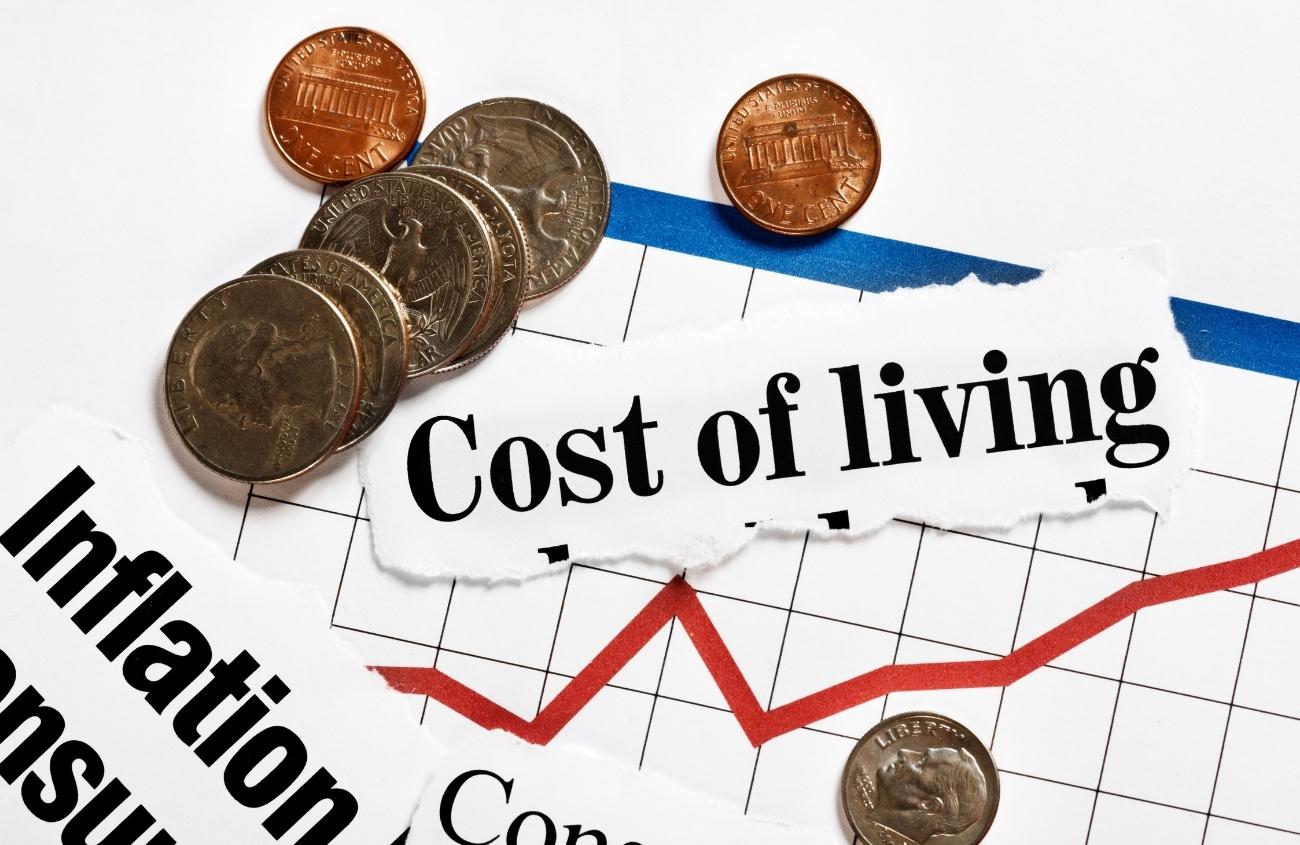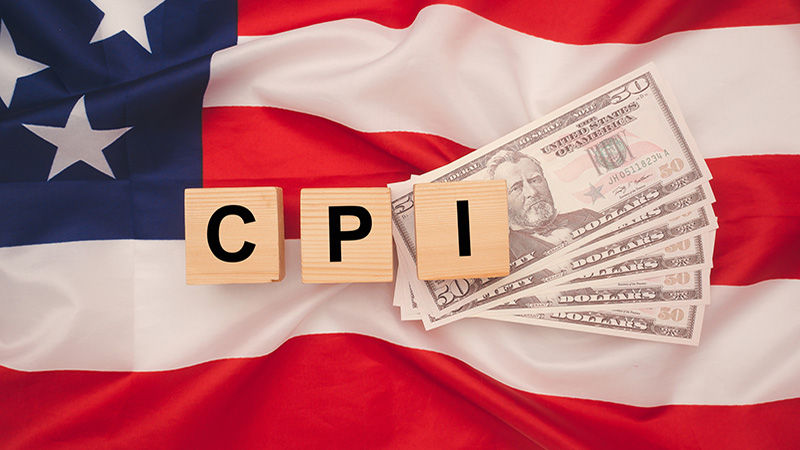PayPal (PYPL) Q3 Consumer Analysis: Trust, Security, and Shifting Expectations

Summary
PayPal’s Q3 narrative revealed a pivotal shift from optimism about convenience to deeper conversations about trust, transparency, and control. While total mentions and unique voices grew, discussions increasingly centered on account limitations, security holds, and dispute resolution—underscoring consumers’ desire for reliability over novelty. The rise in scam-related chatter highlighted growing vigilance, even as PayPal’s brand familiarity continued to inspire confidence. Meanwhile, challengers like Wise, Venmo, and Cash App gained momentum through their perceived advantages in speed, fees, and clarity. The result is a landscape where PayPal remains trusted but scrutinized—a symbol of digital payments maturing under consumer demand for accountability and seamless support.
PayPal (PYPL) Q3 Consumer Analysis: Trust, Security, and Shifting Expectations
From Q2 to Q3, conversation about PayPal climbed and the narrative pivoted from ease-of-use optimism to debates about trust, security, and account access. Consumers and merchants discussed account limitations, dispute resolution, and scams alongside interest in AI-driven product updates. PayPal remained associated with convenience and brand familiarity, while challengers drew praise for speed, fees, and transparency.
Q3 overview
Total mentions moved from 6.11M in Q2 to 6.49M in Q3 (~5% growth). Unique authors rose 15%, signaling a broader set of voices weighing in. The overall discussion was steady but punctuated by spikes tied to account-restriction complaints and news about AI integrations.
Volume and momentum
Conversation expanded quarter over quarter as posts clustered around two moments: reports of frozen funds or security holds and announcements related to new automation/AI features. The shape of the chatter suggests a quarter defined by reliability and support expectations rather than pure UX delight.
Topic mix: what people actually discussed
Top themes in Q3 were: • Account limitations & security holds • Customer service & dispute resolution • App ease-of-use & convenience
Together, these topics comprised 27% of conversation (vs 16% in Q2). Notable rises included account limitations (+9%), while general satisfaction and UX praise declined (−23%). The center of gravity shifted toward control, transparency, and access to funds.
Consumer pain points vs love points
Pain points highlighted in the conversation included account limitations, frozen funds, dispute delays, and a perceived bias toward sellers—appearing in roughly 15% of negative posts. Love points concentrated on ease of payments, a sense of trusted security, and flexibility from Venmo and Pay-in-4, present in about 8% of positive posts. The split frames a platform valued for convenience but scrutinized for post-transaction support.
Merchant and shopper journey signals
Merchant-side issues (checkout errors, chargebacks, settlement delays) accounted for 12% of discussion, while shopper-side issues (refunds, disputes, BNPL usability) represented 11%. Friction clustered at the post-transaction and dispute-resolution step, where users described long waits and limited clarity on next steps.
Safety, scams, and trust indicators
Mentions related to scams, fraud, and security totaled ~7% of Q3 conversation (vs 6% in Q2). The most common pattern involved users warning others about fake support messages and phishing links. Trust remained closely linked to recognizable branding and buyer protection language, but the uptick in scam-related posts indicates a rising vigilance within the community.
Competitive mentions: who shapes PayPal’s story
Wise, Venmo, and Cash App frequently appeared as comparison points and alternatives. Wise was praised for low fees and transparent FX; Venmo for social payment ease within the PayPal family; and Cash App for speed and flexibility. Each competitor chipped away at a different use case, shaping expectations around fees, payout speed, and customer support.
Narrative shift from Q2 to Q3
In Q2, PayPal’s conversation leaned on everyday convenience and routine transactions. In Q3, the narrative shifted toward frustration over account access and the perceived lack of responsive support—tempered by cautious optimism about AI-driven innovations and integrations. The quarter’s dialogue was ultimately defined by reliability, access, and safety—less by delight.
About RILA Global Consulting
RILA Global Consulting is a New York–based social listening and market research agency specializing in consumer insights, data analytics, and global competitive intelligence. We analyze real-time conversations to surface trends, risks, and opportunities across technology, retail, CPG, healthcare, and finance. Our teams operate under ISO-aligned processes and HIPAA/GDPR compliance. RILA is WBENC certified and pharmacovigilance audited, supporting enterprise clients with rigorous methodologies for brand safety monitoring, audience segmentation, and category landscape reporting.
Read More

The End of the U.S. Penny: What Social Listening Reveals About Value, Nostalgia, and America’s Evolving Relationship With Currency
The end of U.S. penny production sparked an online conversation far richer than a simple economic update — revealing a moment where money, memory, and national identity collided. Social listening shows Americans framing the discontinued coin as a cultural artifact, a childhood symbol, and a mirror for anxieties about inflation, political leadership, and a cashless future. Nostalgia blended with skepticism as collectors, financial commentators, and everyday users debated what the penny’s disappearance says about shifting priorities in a modernizing economy. In witnessing the final minting of a coin with 232 years of history, the public wasn’t just reacting to monetary policy — they were negotiating the meaning of value itself.
November 19, 2025
READ MORE

What U.S. Consumers Are Really Buying Right Now: Viral Trends, High-Tech Tools, and the New Psychology of Shopping
U.S. consumers are reshaping the retail landscape in real time, blending emotional impulse with unexpected investment as they navigate economic pressure and digital influence. Social conversations show that Americans are simultaneously splurging on high-performance niche tools, making impulsive TikTok-driven micro-purchases, and buying controversial or loosely regulated products that reveal widening trust gaps in the marketplace. Even as budgets tighten, spending on beauty, wellness, and status-defining items remains resilient, signaling that identity, comfort, and social proof matter more than ever. The result is a consumer environment where viral influence outweighs traditional marketing, transparency becomes a competitive advantage, and brands must track fast-moving cultural signals to stay relevant.
November 19, 2025
READ MORE

Target in Q3 2025: What 6 Million Social Media Posts Reveal About the Brand
Target’s Q3 2025 social footprint reveals a brand caught between strong product demand and increasingly strained execution. Shoppers still love Target’s private labels, seasonal magic and exclusive collaborations, but their enthusiasm is undercut by widespread frustration with understaffed stores, long checkout lines, messy environments, unreliable digital inventory, app glitches and inconsistent delivery through Shipt and Circle 360. Social and political debates as well as safety concerns add volatility to Target’s perception, even as private-label performance and holiday readiness remain clear strengths. The data shows a widening gap between Target’s brand promise and the real shopper experience - one that represents both a risk to loyalty and an opportunity for operational reinvention.
November 18, 2025
READ MORE

Consumer Sentiment Report: October 2025 - How US Households Are Talking About Inflation, Value and the Cost of Living
The Consumer Sentiment Report: October 2025 reveals an America still reeling from the long shadow of inflation. Across millions of social posts, people voiced anger and exhaustion over prices that “went up and never came back down.” Families described feeling cornered by relentless costs in housing, groceries, healthcare, and utilities, with even higher earners living paycheck to paycheck. Consumers are adapting through extreme price sensitivity—embracing coupons, switching brands, and cutting non-essentials—while expressing deep skepticism toward policymakers and corporations alike. For brands and leaders, the message is unmistakable: the modern consumer demands transparency, fairness, and proof of value in every purchase.
November 8, 2025
READ MORE

Restaurant Loyalty in a Squeezed Economy: What 18.9 Million Online Conversations Showed Us
In a strained 2025 economy, 18.9 million online conversations reveals that restaurant loyalty now hinges on one question: is it worth it right now? Consumers praised QSR and pizza chains like Domino’s, Taco Bell, and Chick-fil-A for speed, deals, and perceived value, while fast-casual favorites such as Chipotle and Cava faced growing backlash over $18–$25 meals that no longer felt justified. This shift highlights a pragmatic consumer mindset where affordability, portion fairness, and speed outweigh novelty — signaling that the next wave of restaurant loyalty will be earned not through brand heat, but through clear value and everyday credibility.
November 4, 2025
READ MORE

Meta (META) Q3 Consumer Analysis: AI Friction and Privacy Concerns Shape the Conversation
Meta’s third-quarter consumer landscape paints a picture of rising visibility but waning enthusiasm. While online mentions grew nearly 10% from Q2, engagement and positivity declined as users voiced growing unease over AI automation, privacy, and platform transparency. The shift from giveaways and entertainment to deeper debates around governance and data handling signals a pivotal change in how audiences perceive Meta’s evolving ecosystem. Despite maintaining dominance in reach and integration, the company now faces a more critical public conversation—one defined by trust, control, and the uneasy intersection of innovation and intrusion.
October 30, 2025
READ MORE

CPI Insights: September 2025 — Inflation Anxiety and the Blame Game on Social Media
RILA’s analysis of over 16 million U.S. social media conversations surrounding the September 2025 CPI report uncovers a nation grappling with economic fatigue and distrust. Beyond rising numbers, Americans see inflation as a symptom of systemic policy failure — with blame falling heavily on government spending, immigration costs, and tariffs. Healthcare, housing, and education top the list of pain points, symbolizing structural failures that go far beyond temporary price spikes. The public mood is overwhelmingly negative, marked by anger, blame, and a sense of entrapment as consumers feel policy decisions — not just market forces — are eroding their economic stability and future prospects.
October 27, 2025
READ MORE

Early Holiday Spending Sentiment in October: How Consumers Are Feeling
As the 2025 holiday season approaches, consumer conversations reveal a fascinating mix of optimism and caution. While inflation and economic pressures weigh heavily on many households, shoppers are prioritizing meaningful experiences and emotional value over discounts and mass-market products. Parents, in particular, are determined to make the holidays special for their children, even if it means turning to flexible payment options like buy now, pay later or adjusting travel plans toward affordable domestic trips. The overall sentiment suggests a redefinition of holiday joy — one centered on authenticity, connection, and creative budgeting — offering brands a clear opportunity to engage with purpose and empathy this festive season.
October 24, 2025
READ MORE

Top U.S. Consumer Concerns — Last 30 Days (RILA Global Consulting Analysis)
Over the past month, American consumers have been caught between economic pressure and cautious hope. According to RILA’s analysis of 25 million online conversations, tariffs and inflation dominate public discourse — shaping a sense of financial vulnerability that spans demographics and languages. English-speaking Americans decry tariffs as a hidden tax, while Spanish-speaking communities focus on agricultural fallout and global trade risks. Inflation’s reach now extends beyond groceries to healthcare, deepening distrust in political leadership. Meanwhile, AI-driven automation fuels job insecurity, especially among younger generations who see innovation as both opportunity and threat. Yet, amid the strain, moments of optimism — from EV purchases to financial literacy — suggest that while Americans feel squeezed, they’re still seeking control and clarity in a shifting economic landscape.
October 22, 2025
READ MORE